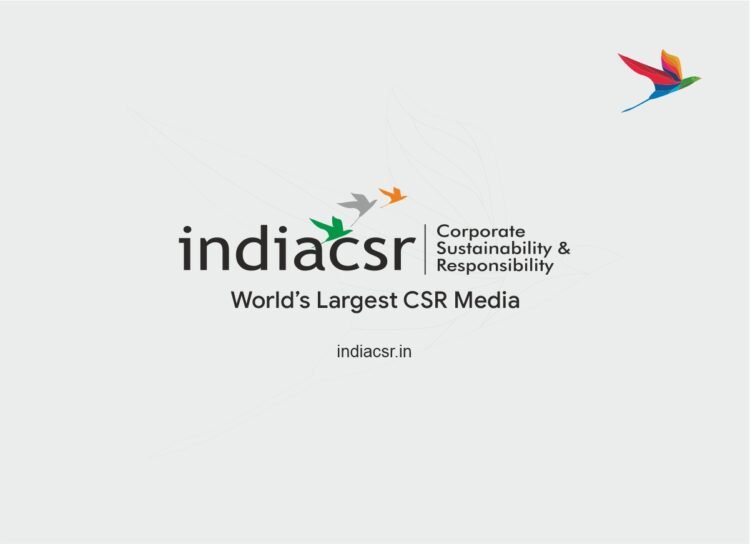By Alokparna Sengupta
- Adopt, Don’t Shop: Hundreds of thousands of animals street animals are looking for shelter, love and compassion. Instead of buying animals who have also possibly been treated cruelly at the hands of unethical and illegal breeders, you can adopt an animal who will bring the same joy, love and laughter in your home as any other animal.
- Choose Cruelty – Free Cosmetics: When shopping for your favourite mascara, lipstick or eyeliner, choose cosmetics that have not been tested on animals. While the Government of India has banned animal testing on cosmetics, some companies still test them for other countries. Stand up for these animals by writing to these companies asking them to stop.
- Be Proactive, Don’t look away from cruelty. If you witness animal cruelty, take action by reporting it to the nearest police station. Humane Society International (HSI)/India has a tip line at +918899117773 and we will be happy to guide you on how to respond to such cases.
- Spay & Neuter your community animals and your pets: Without spay and neuter initiatives, homeless animals are often illegally euthanized, neglected or die of disease. Sterilization is critical for management of overpopulation and related disease control concerns. When effectively delivered and combined with vaccinations, spay/neuter provides humane and effective way to reduce the number of animals living on the streets, and improves the health of those remaining. Sterilizing street dogs and returning them to their territories on the streets allows for a natural reduction in their population over time and leaves the most socialized dogs on the streets.
- Avoid using plastic: In addition to terrestrial animals, marine animals including mammals, birds, fish, and invertebrates have been found to have ingested plastic, which fills their stomachs and hampers them from eating food. This leads to starvation and ultimate death.
- Don’t buy wild. Whether wild animals or wild animal accessories, these belong in the wild – Illegal wildlife trade generates more than USD $10 billion annually, third behind only the illegal drug and arms trades. Unsuspecting customers often easily buy items like ivory trinkets and turtle shell products in stores or online, thereby becoming unintentional participants of this illegal trade. Sometimes, wildlife and wildlife products are sold legally at tourist destinations, but bringing these items home may be unlawful or require special permits. The trade in wildlife parts and products includes items made with exotic leathers and fur, ornamental objects, food items, and traditional medicines. In addition, live animals are traded as pets, for biomedical research and testing, for game farms and hunting ranches, and for captive display in zoos, aquariums and circuses. As a compassionate consumer, it is important to look out for the consumptive use of wildlife when traveling, shopping and dining. Avoid patronizing any establishment that is involved in such use. Always assume that wildlife products for sale are illegal and inhumane.
- Eat a plant based diet: Across the world, animals bred in factory farms for mass consumption are raised in conditions designed to maximise production with little regard to their welfare. India has been increasingly adopting intensive farming practices and ranks high among the world’s meat, milk and egg producers. Intelligent, sentient animals are treated so cruelly that they are unable to exhibit their natural behaviours.
We at Humane Society International/India advocate for compassionate eating – or the Three Rs: reducing our consumption of animal products, replacing it with healthy plant based foods, and refining our diets by choosing products from sources that adhere to higher animal welfare standards. There is enough evidence to show that when you choose more humane meals, you’re pledging for a better world for animals and yourself.
About the Author:
Alokparna Sengupta is the Deputy Director for Humane Society International/India. She has worked with the government of India to successfully persuade them to ban the testing of animals for cosmetics and the import of animal tested cosmetics in India. Having obtained a degree of Masters in Science (M.Sc) for Biotechnology from Osmania University in Hyderabad and worked in Thomson Reuters for two years, she started her career in Animal welfare as a volunteer at the Blue Cross of Hyderabad. Before joining Humane Society International (HSI), she worked at Federation of Indian Animal Protection Organisation (FIAPO) for FIAPO and HSI’s joint work on Toxicity testing in India. She stays in Hyderabad with her husband playing mother to canine Inky and feline Awwwly.


























